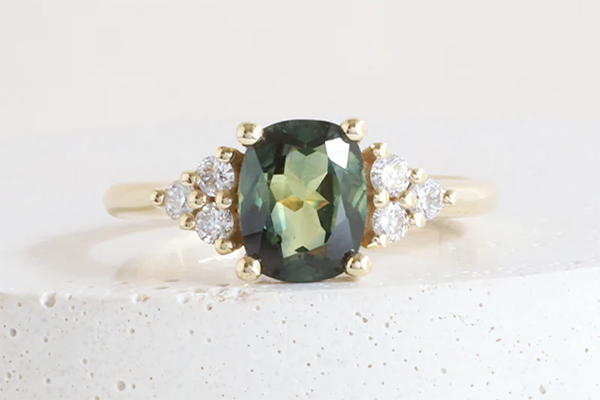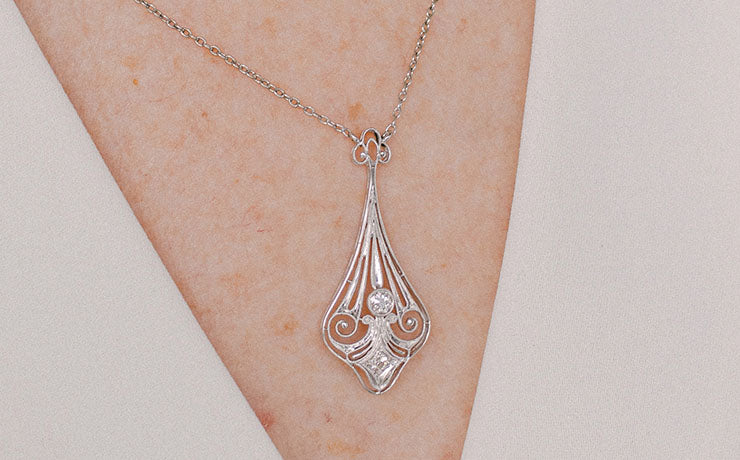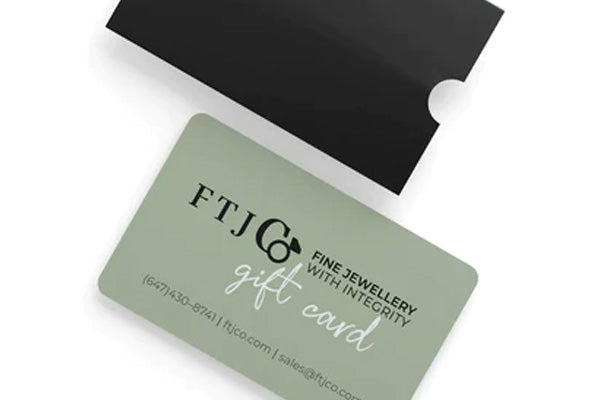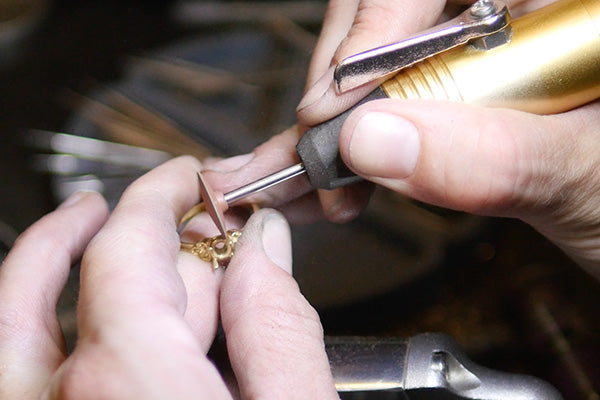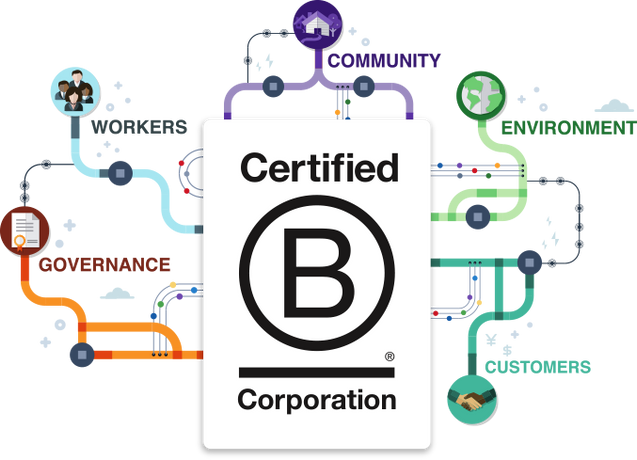Why Conflict Free Doesn't Mean What You Think
Conflict diamonds still exist and they are being represented to consumers as 'conflict-free'
The term 'conflict-free' is borne out of the Kimberley Process, which intended to stem the tide of diamonds that funded armed conflicts in diamond-producing countries.
But the Kimberley Process, to the extent that it was effective, has now been eroded to be a process that not only fails to prevent the trade of diamonds from conflict-affected areas but, worse, provides cover for those activities because of gaps in the system.
We have always believed that jewellers should ask more questions rather than simply relying on the assurances of their suppliers. We did so, and we found the lack of transparency in the diamond trade startlingly bad. So, 15 years ago, when we founded FTJCo, we carried only Canadian diamonds and chose not to handle diamonds whose only documentation was a Kimberley Process certificate.
That was a reasonable decision back then, but it's not good enough now. We need to offer natural diamonds from other sources to clients who want them, with provenance and documentation to support all claims made about them. And these diamonds should have positive impacts on communities and the smallest environmental impact possible.
Accordingly, FTJCo is working with members of the Kimberley Process Civil Society Coalition to create new supply chains that are shorter and provide more documentation so that you know and we know what we're setting in your jewellery and where it comes from. Additionally, we are working with Scientific Certification Systems to bring their Sustainability Rated Certification to natural diamonds.
The Kimberley Process Civil Society Coalition (KPCSC) is a collective of people involved in the mining and trading of diamonds in source countries. All jewellers have an opportunity to speak to and learn directly from stakeholders that are at the beginning of these supply chains. And they, in turn, can learn from the goldsmiths who work their materials and consumers.
On October 20, 2021 the KPCSC called for reform in the diamond trade which is, at once, a sea-change whilst also being entirely reasonable. They're asking the industry to tell the truth. Here are the reforms we, they (and we hope you, our client) want:
Abandon conflict-free marketing claims: As there exists today no standardized, testable system guaranteeing that any diamond is free of conflict, as most people understand and define that term, conflict-free assurances constitute consumer deception.
Stop talking about diamond-affected communities without actually talking with them: Companies should honestly, transparently and without manipulation engage diamond-affected communities, and not just hand-chosen examples, in particular when publicly discussing or making statements about their well-being.
Implement due diligence on diamond supply chains: Given the challenges of ensuring traceability of diamonds, it is all the more important to improve, and independently audit, social, environmental and human rights standards at the mining level. The Initiative for Responsible Mining Assurance (IRMA) offers a promising standard but no diamond mining companies have yet subscribed to it.
Stop representing standards created by industry associations, such as the World Diamond Council’s revised System of Warranties (SoW) Guidelines, as proof of ethical diamond origin or actual human rights due diligence. The SoW Guidelines promote best business practices, but they do not require users to take functional, concrete steps to identify, prevent, mitigate, and account for human rights risks and impacts along the diamond supply chain.
Read the complete release, here.
 Solitaire
Solitaire
 Solitaire with Pavé
Solitaire with Pavé
 Bezel Set
Bezel Set
 Halo
Halo
 Multistone
Multistone
 Unique
Unique
 Nature Inspired
Nature Inspired
 Everyday
Everyday
 Wider Band
Wider Band

